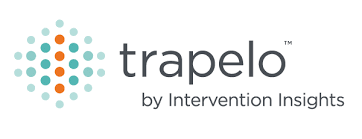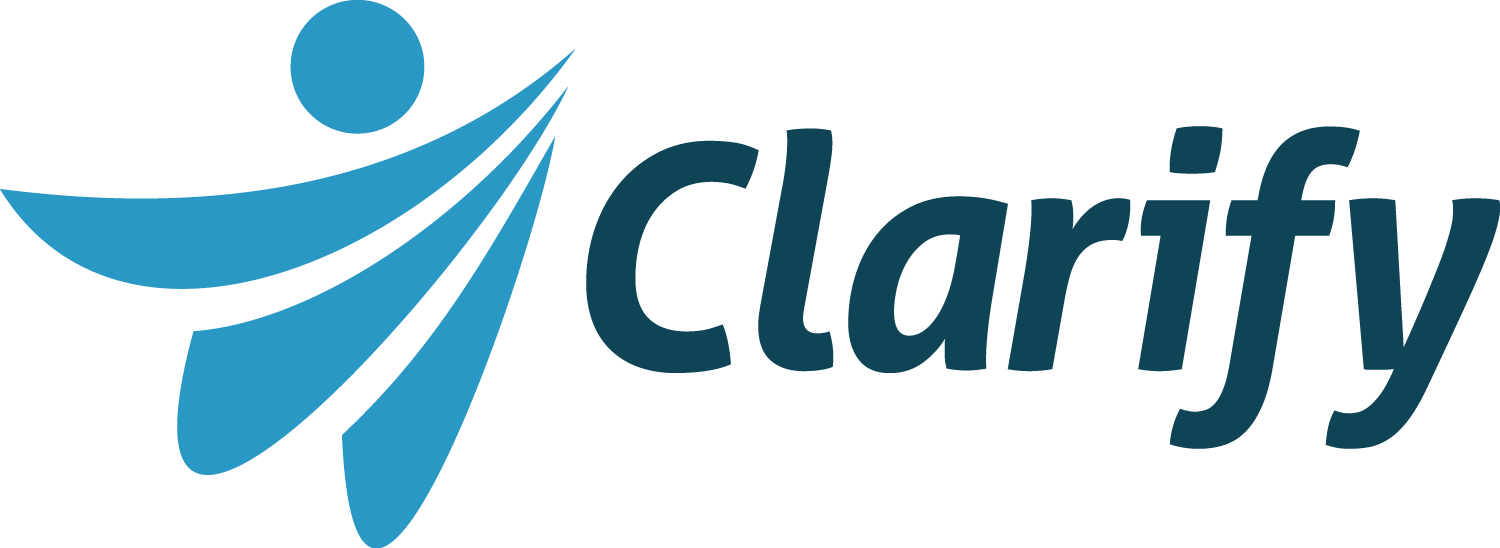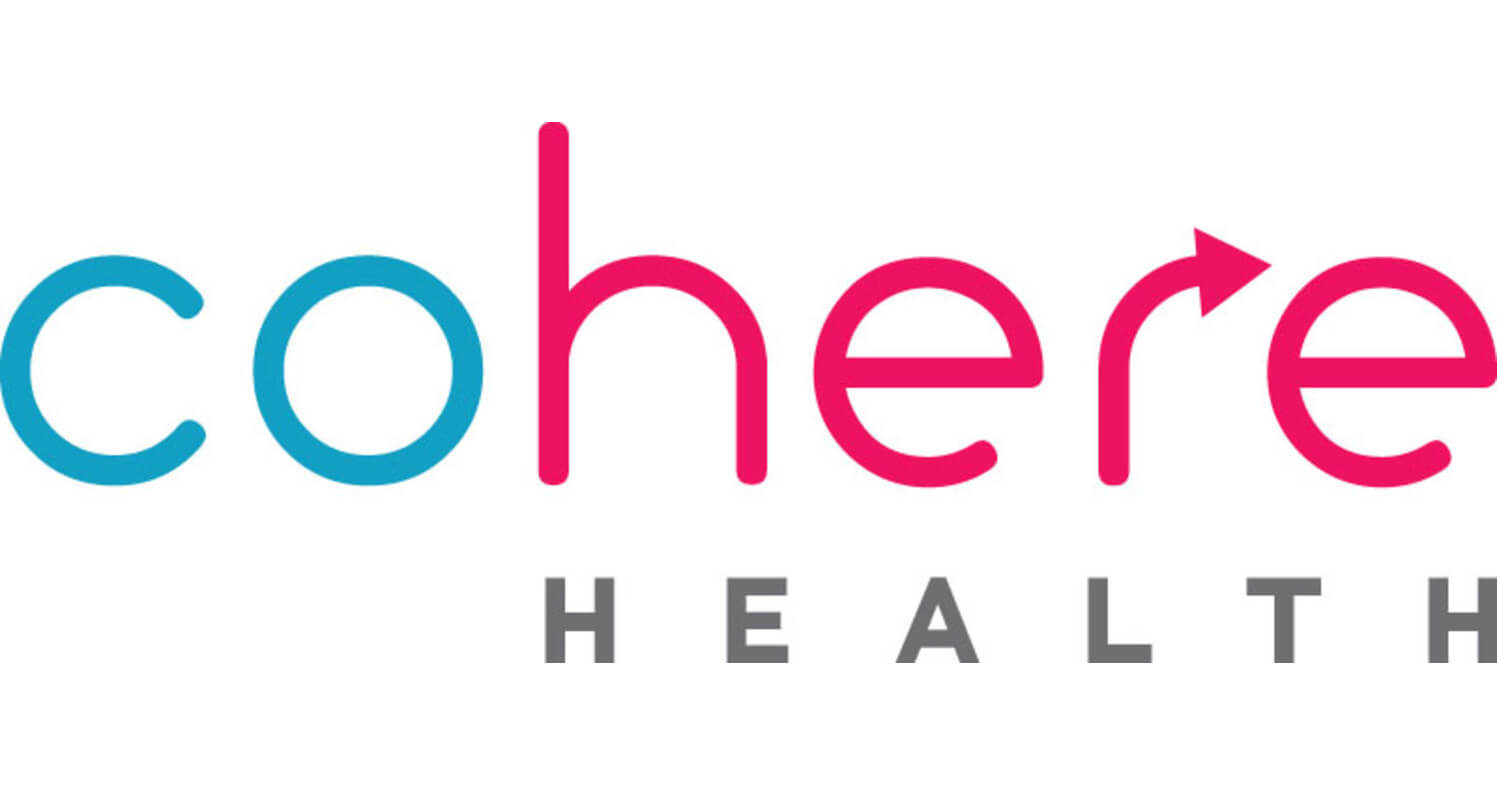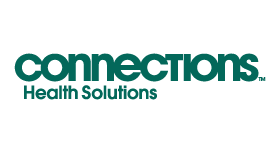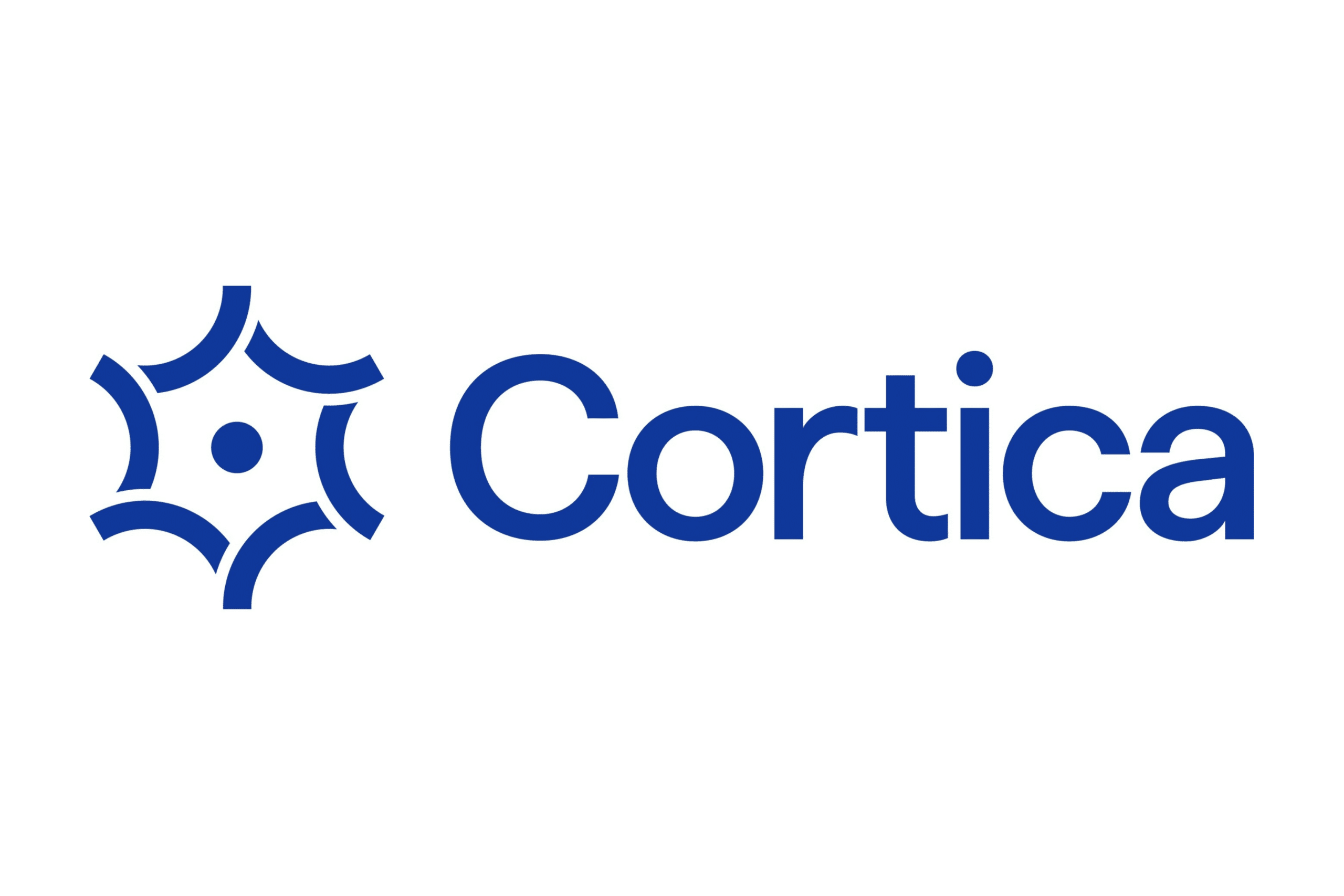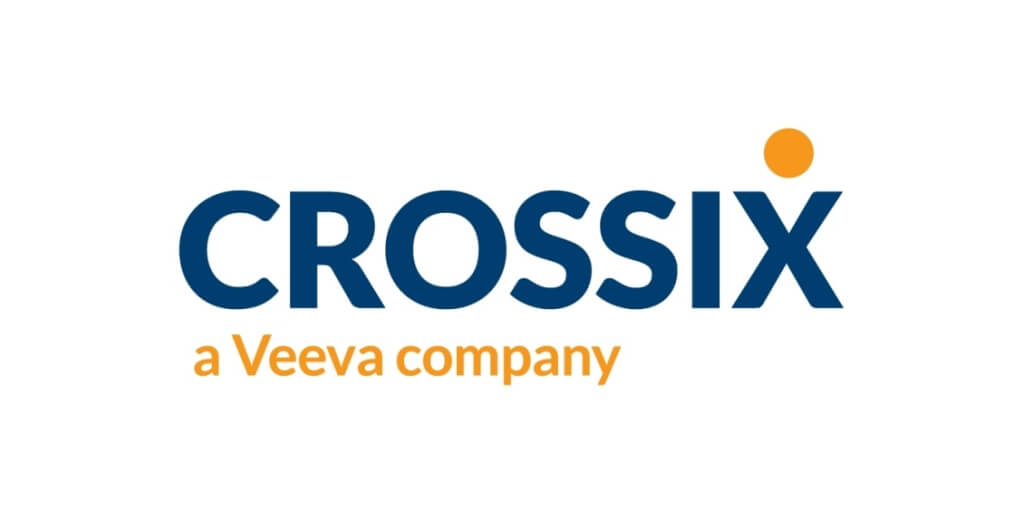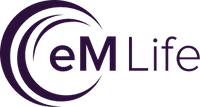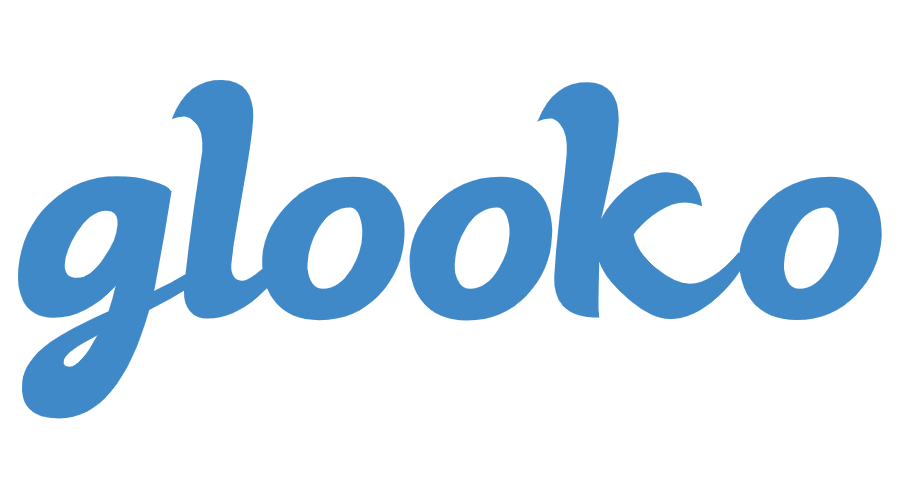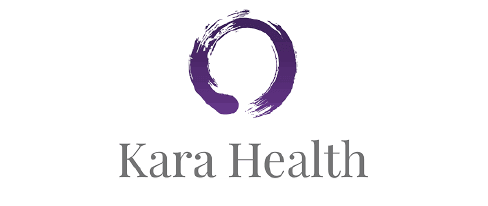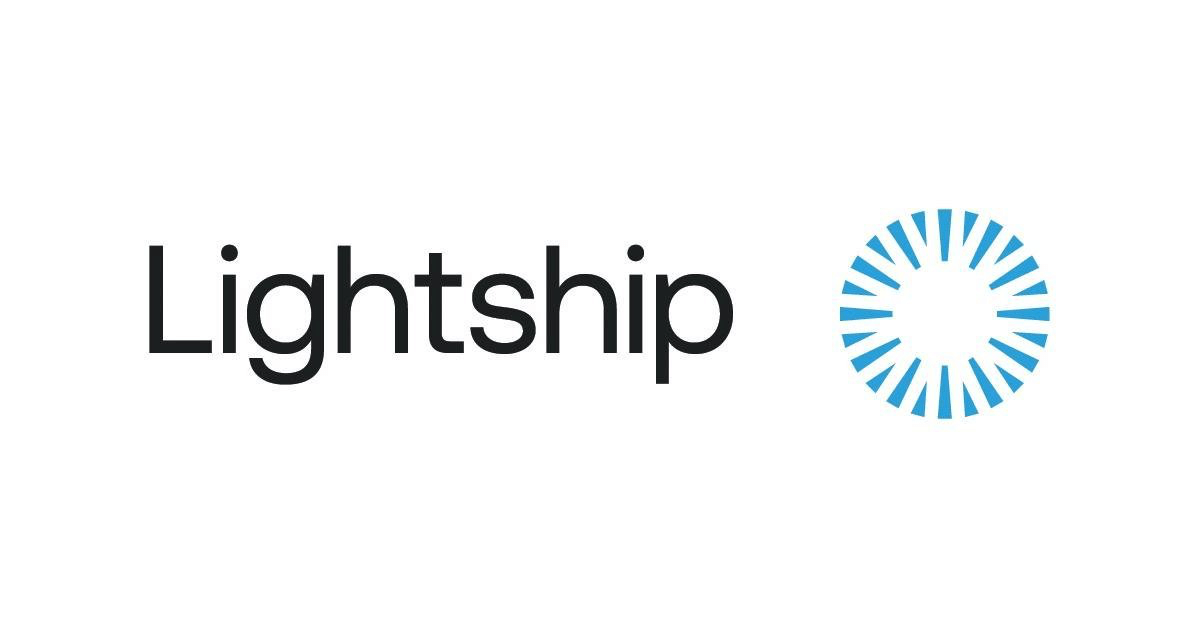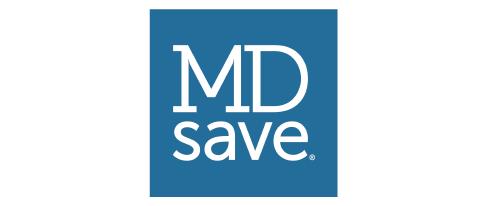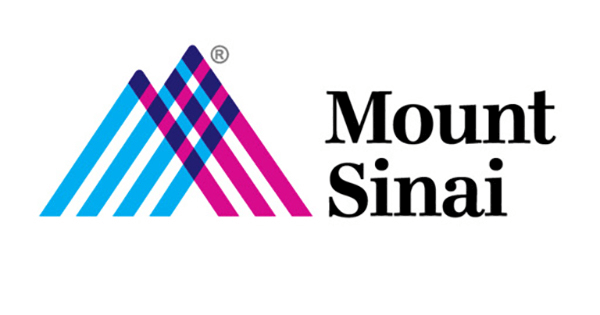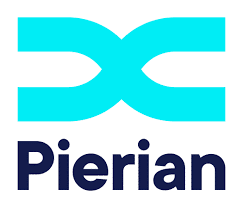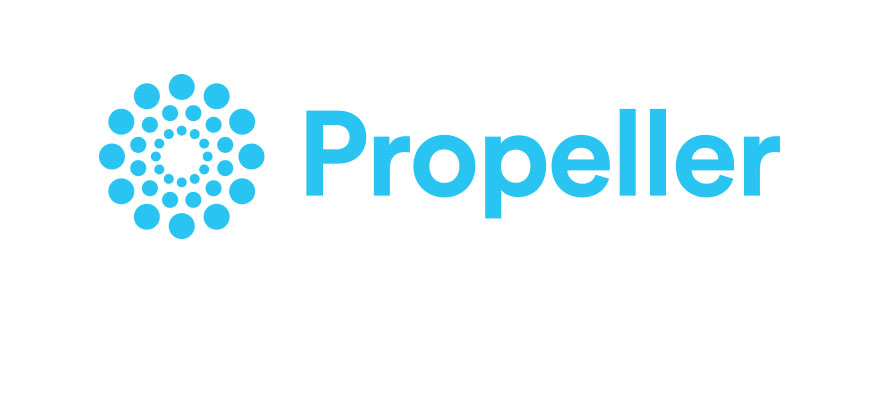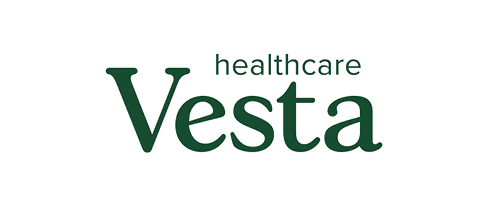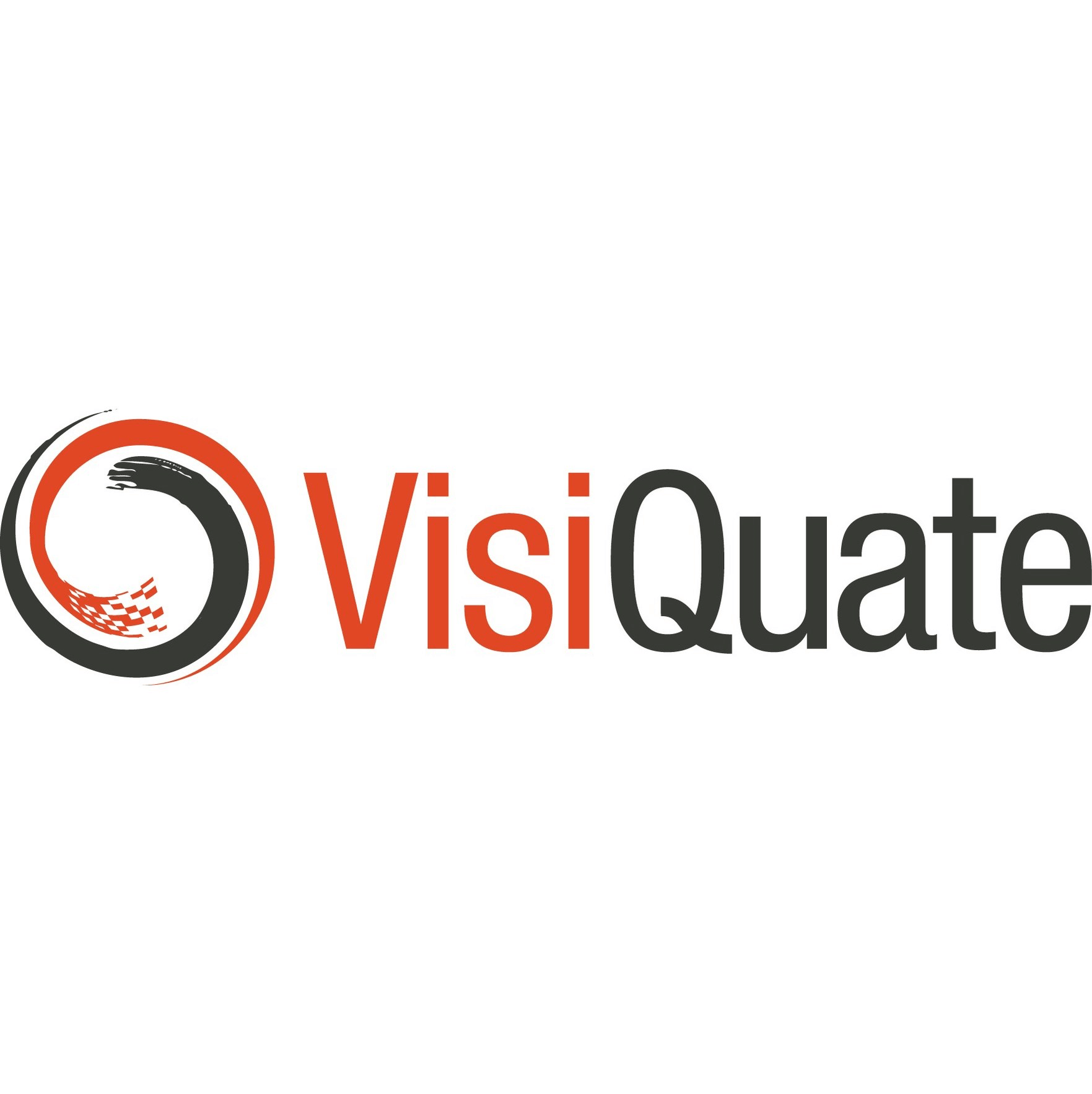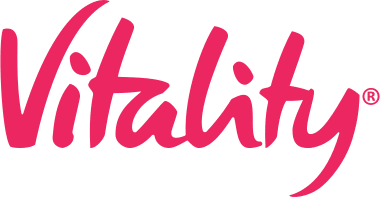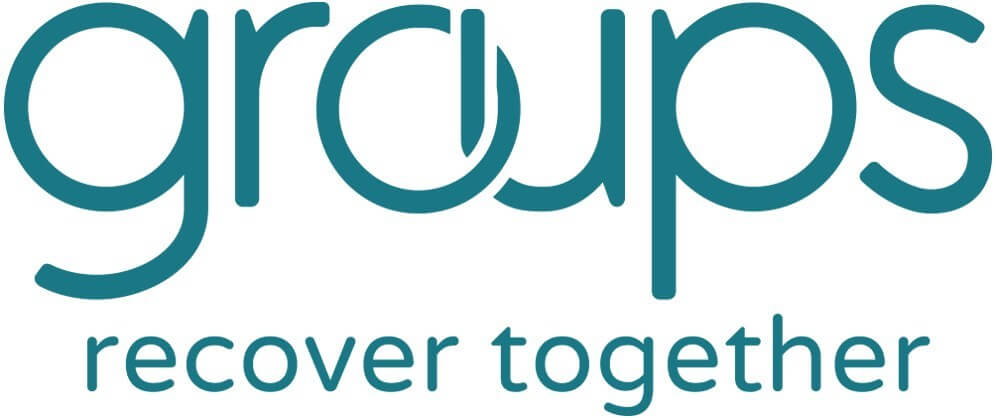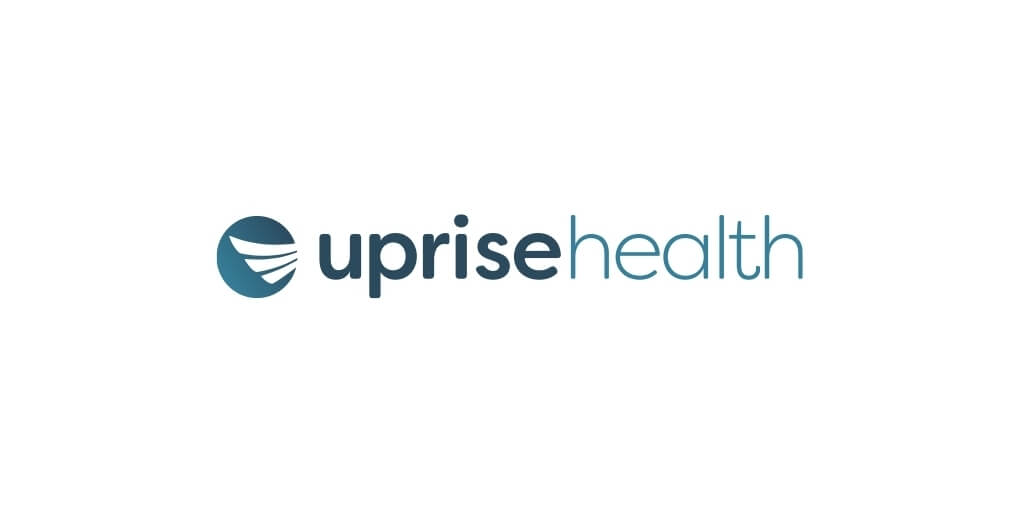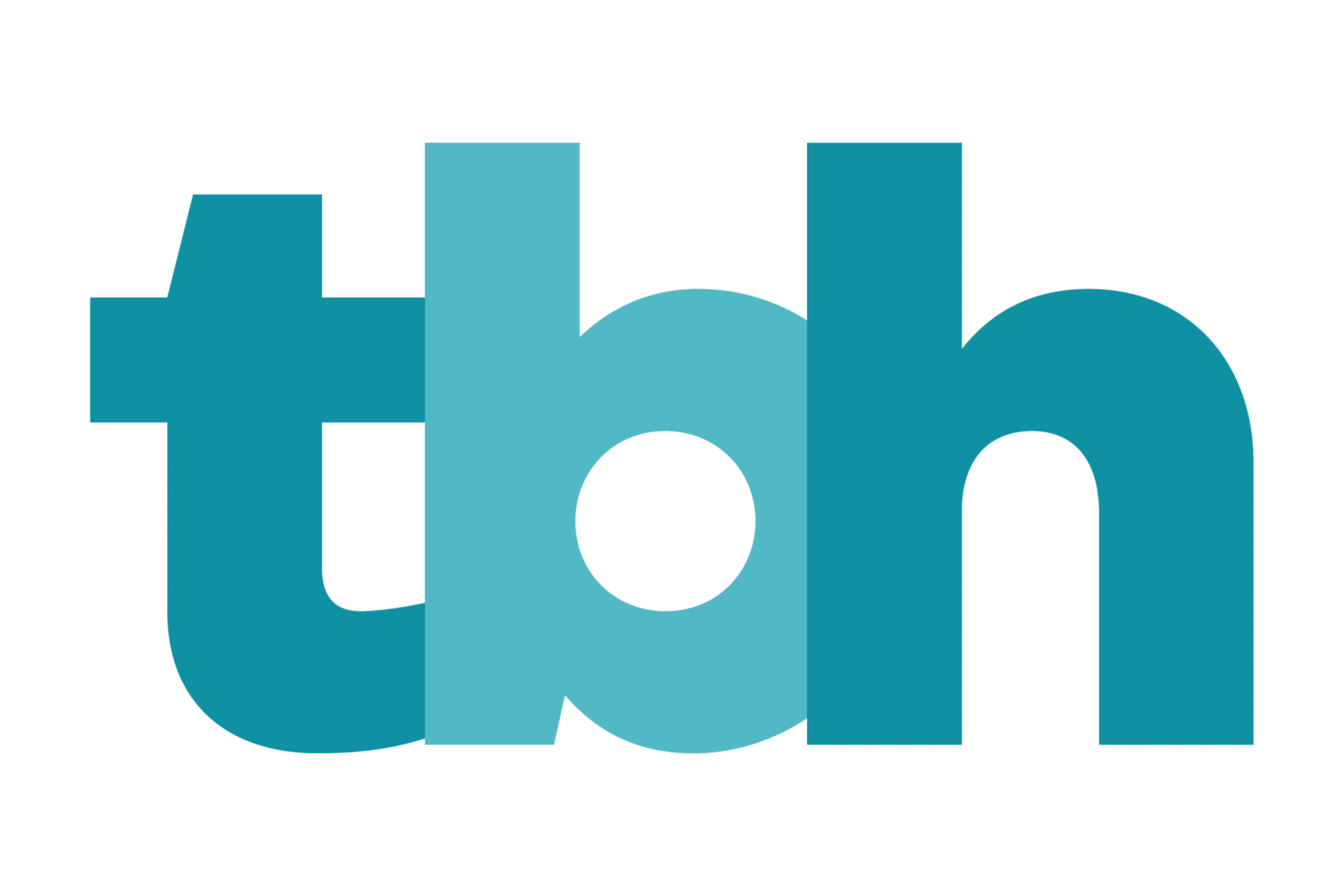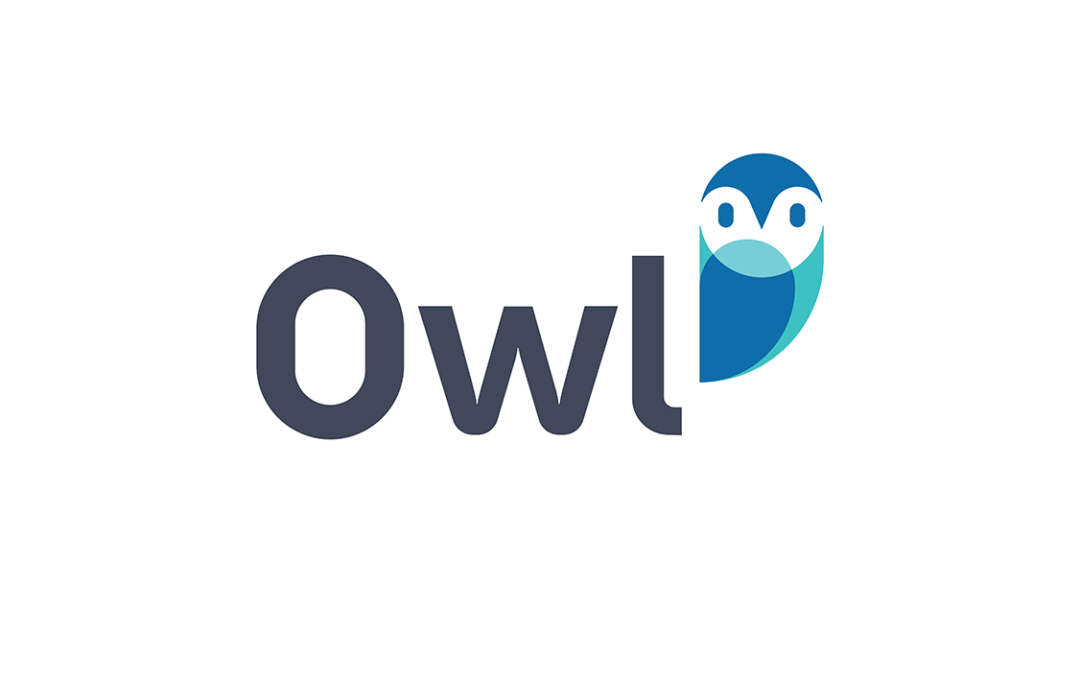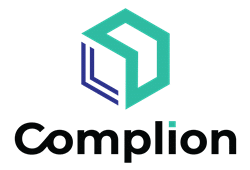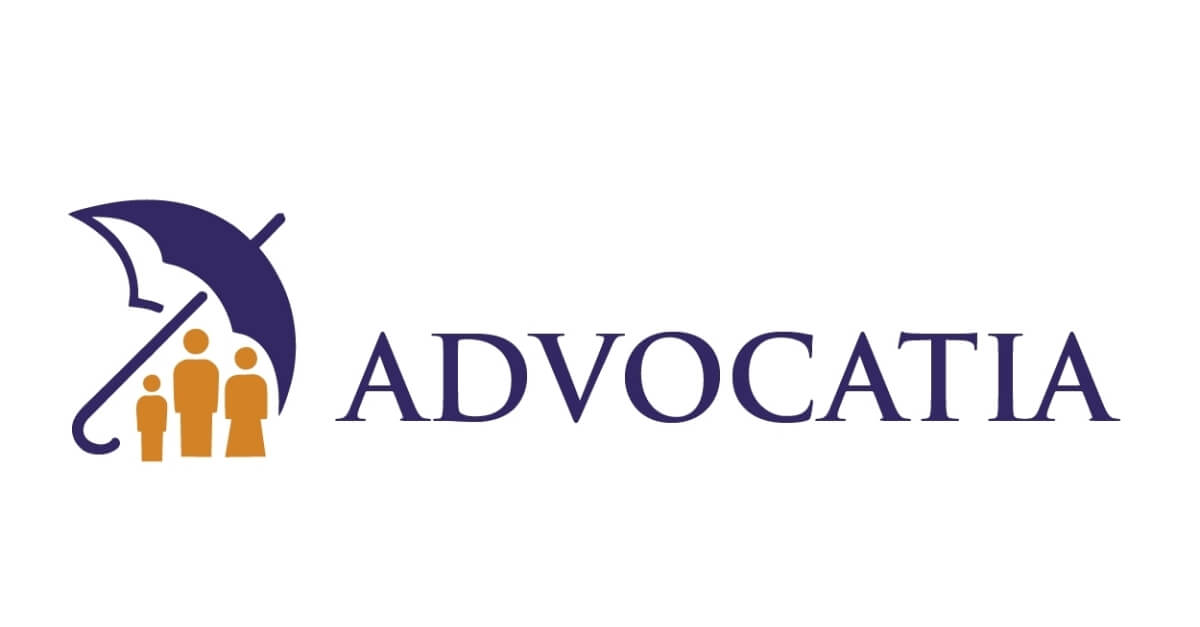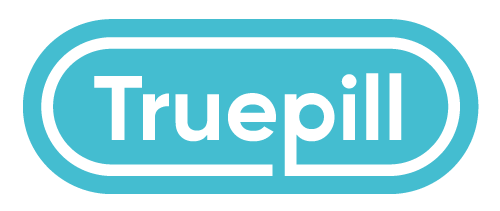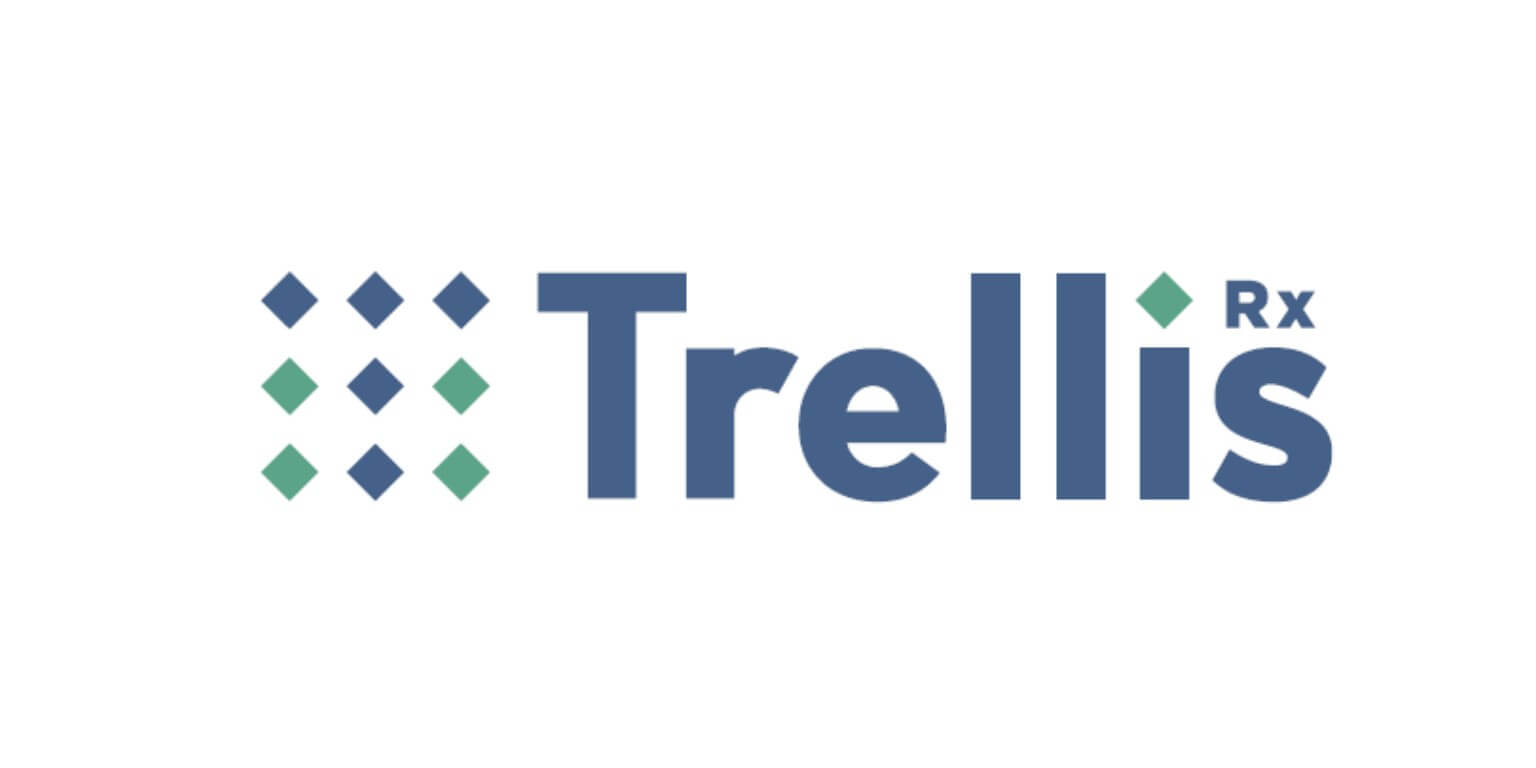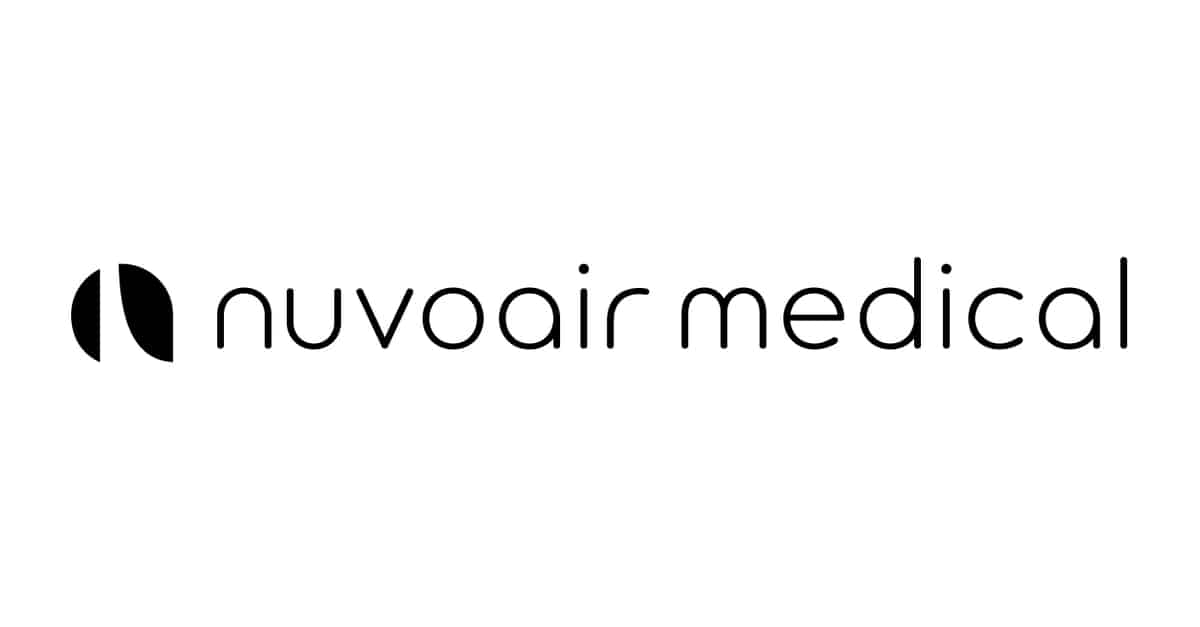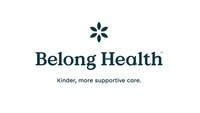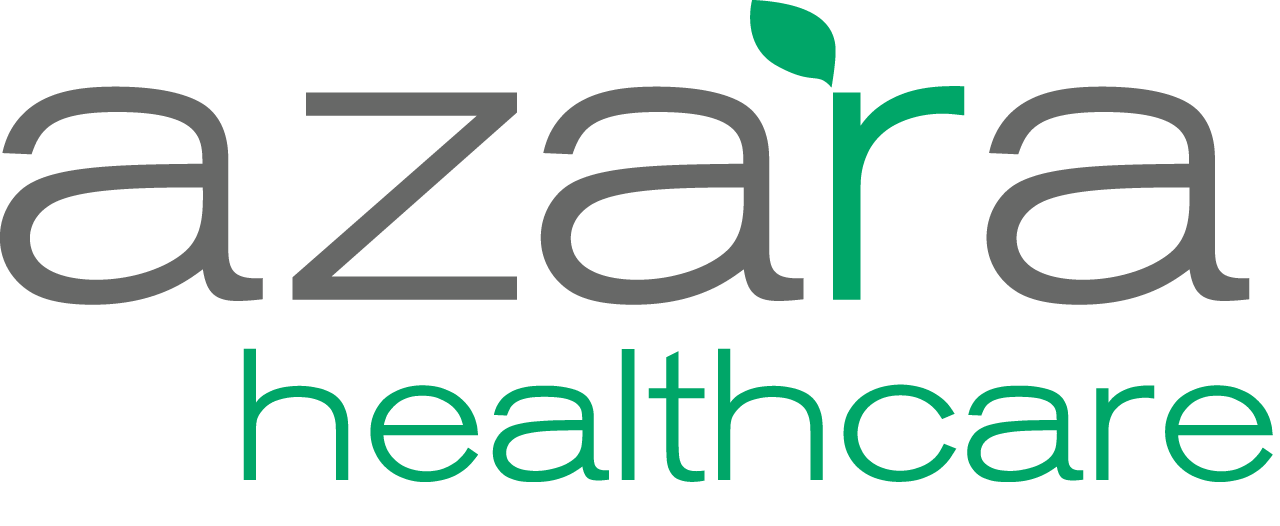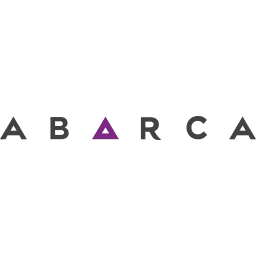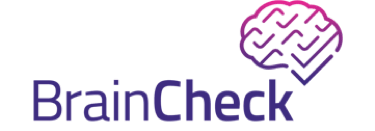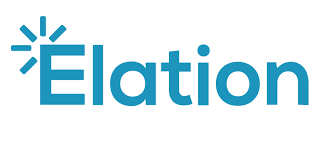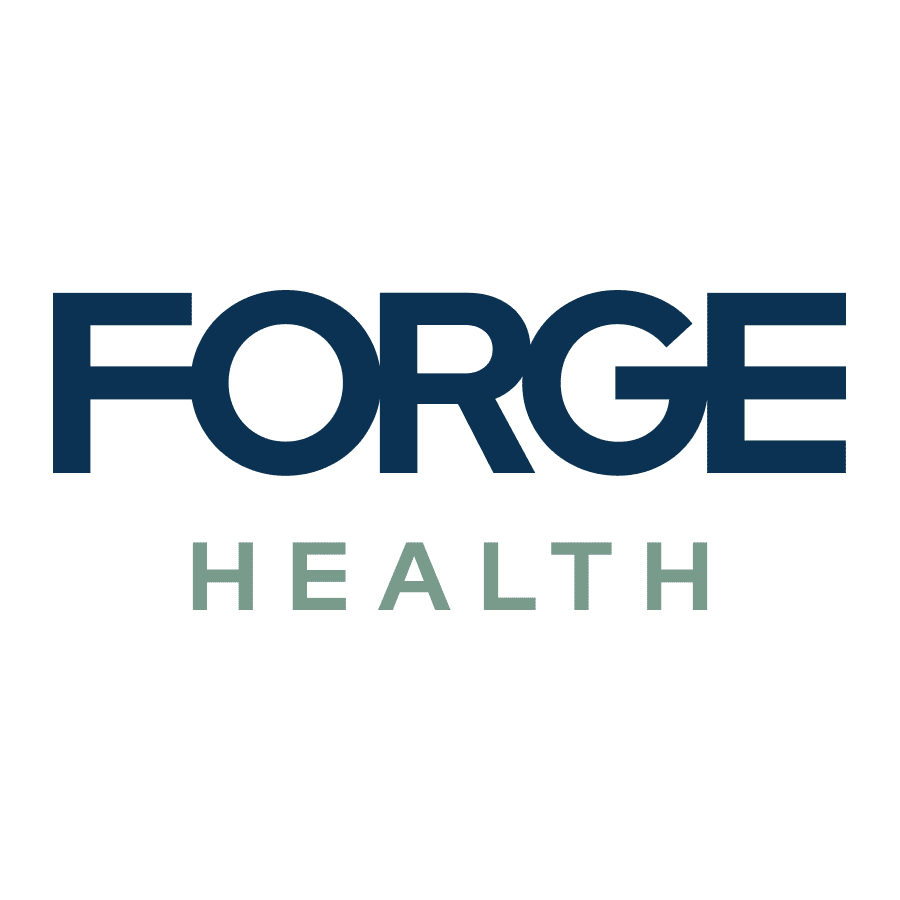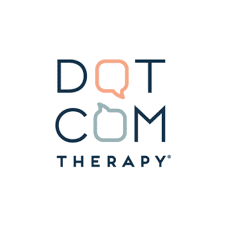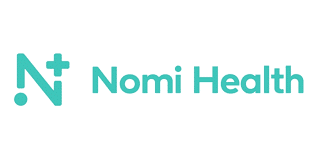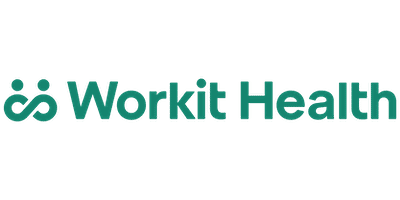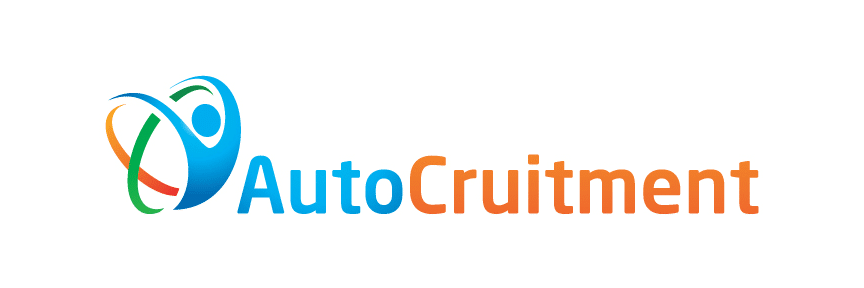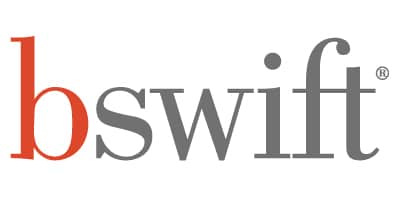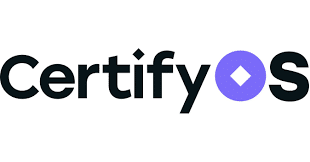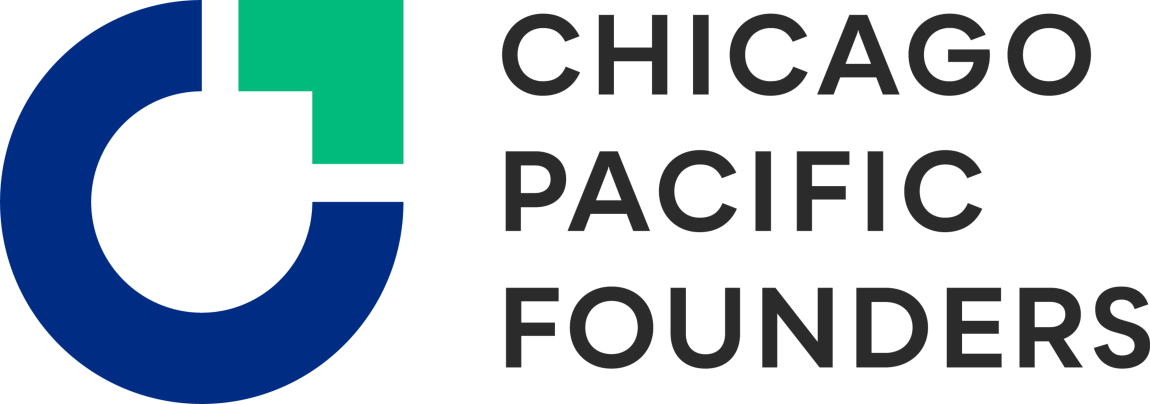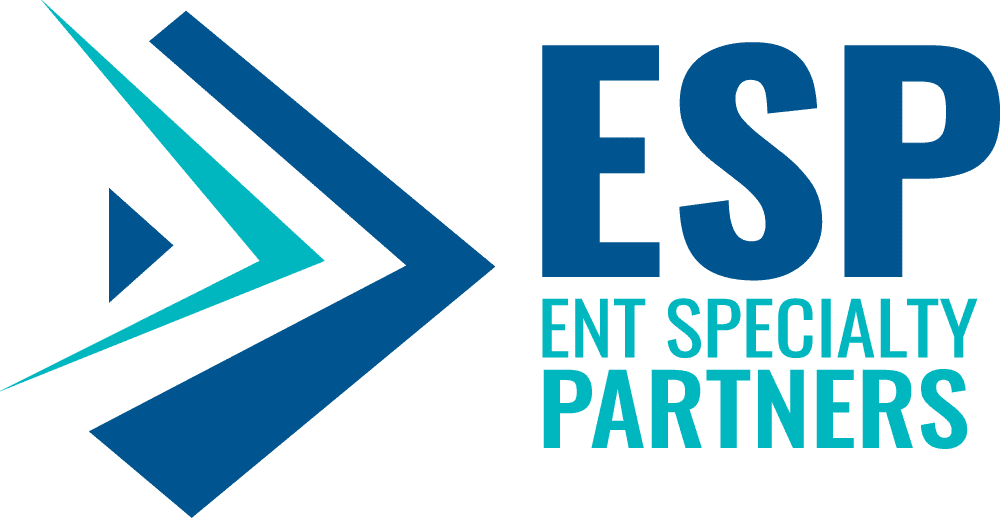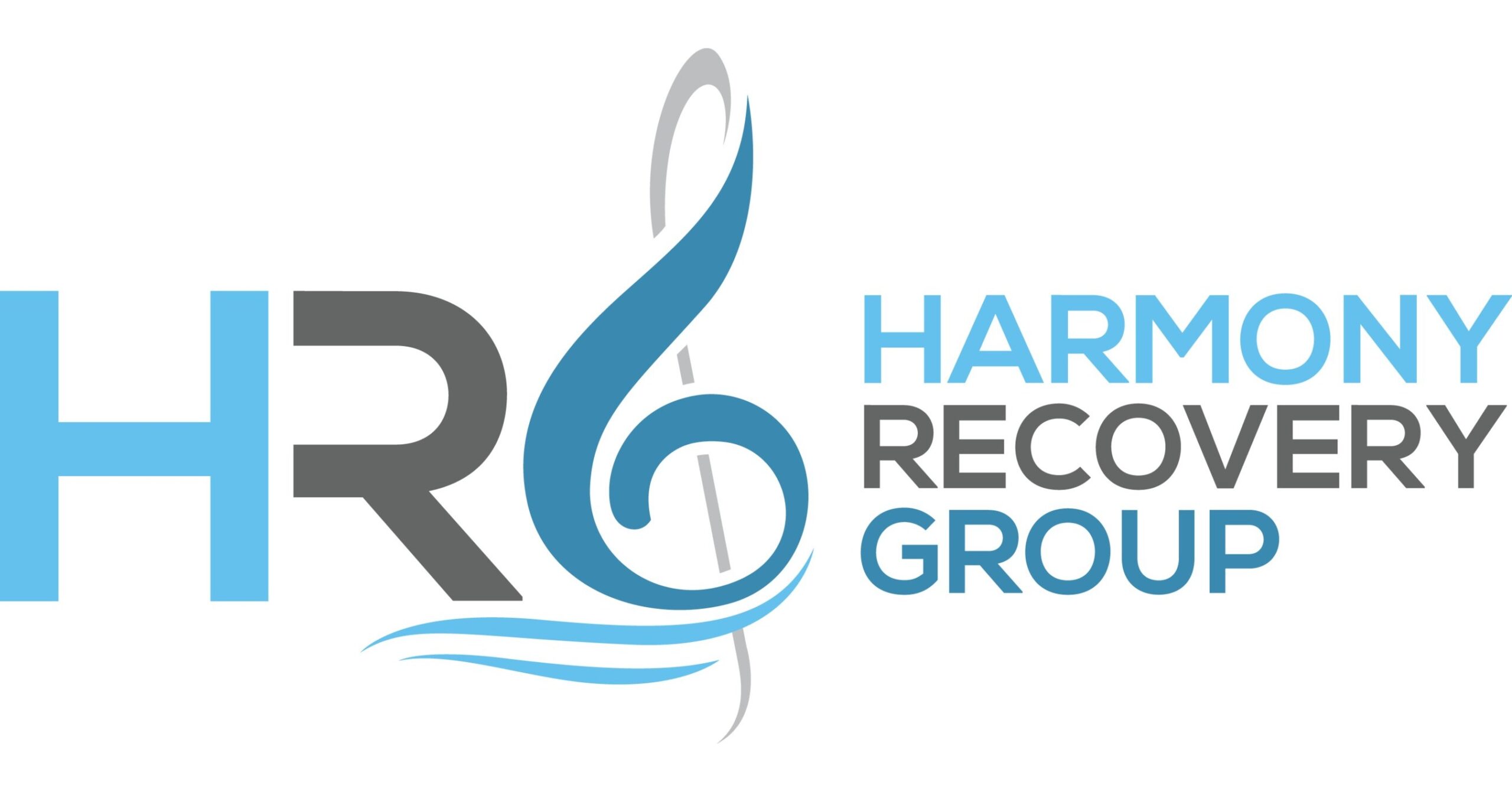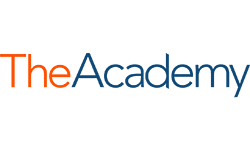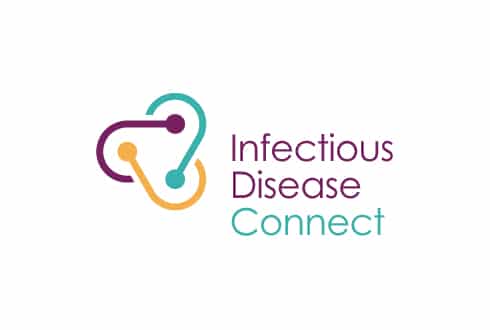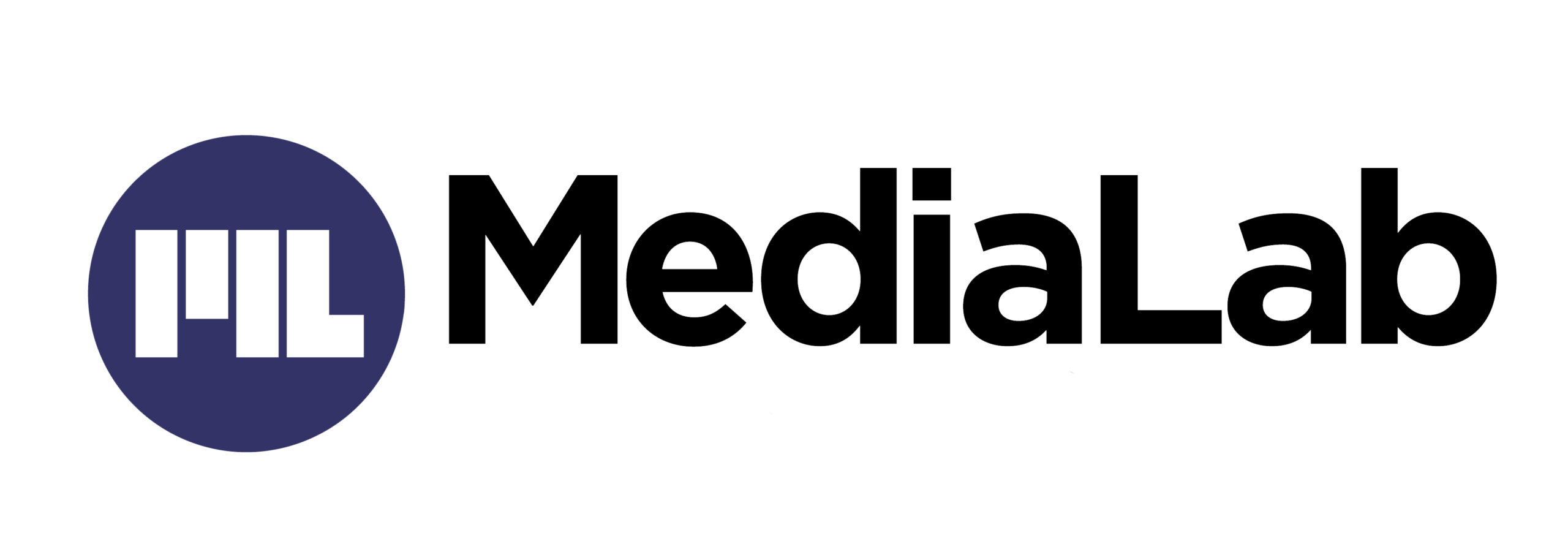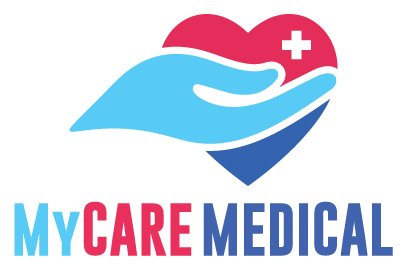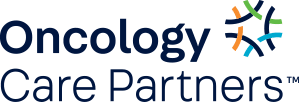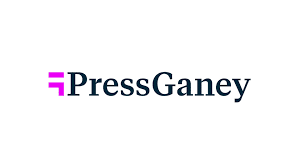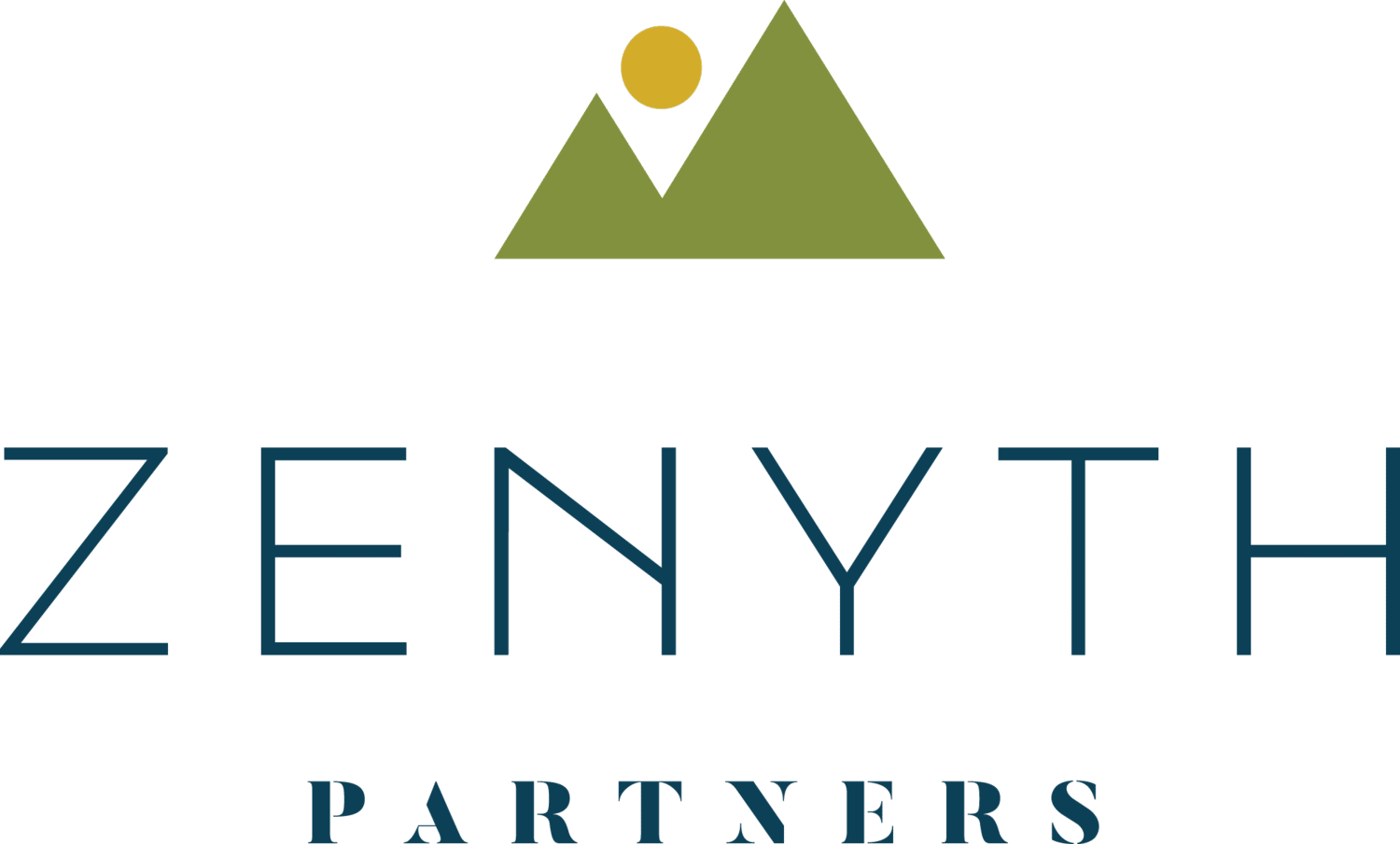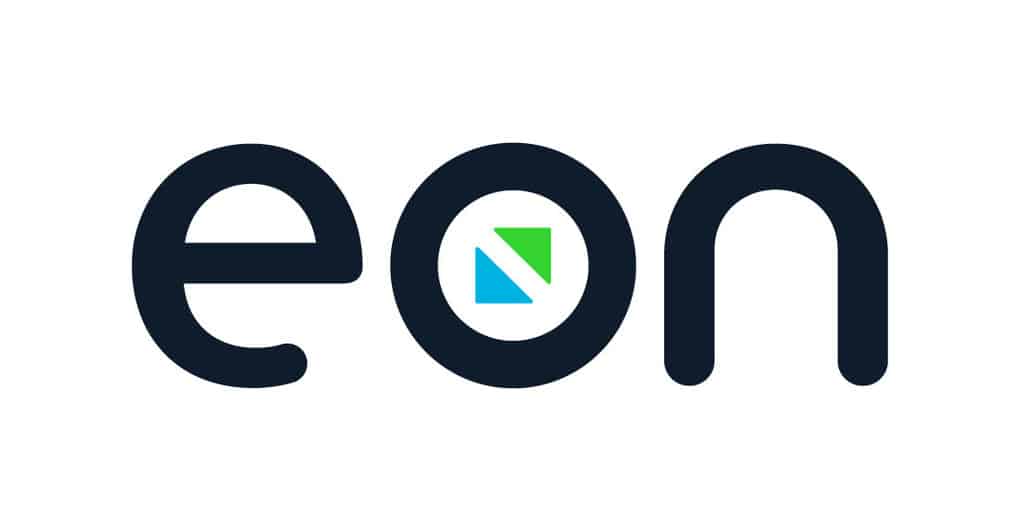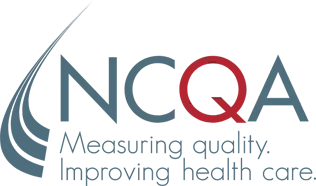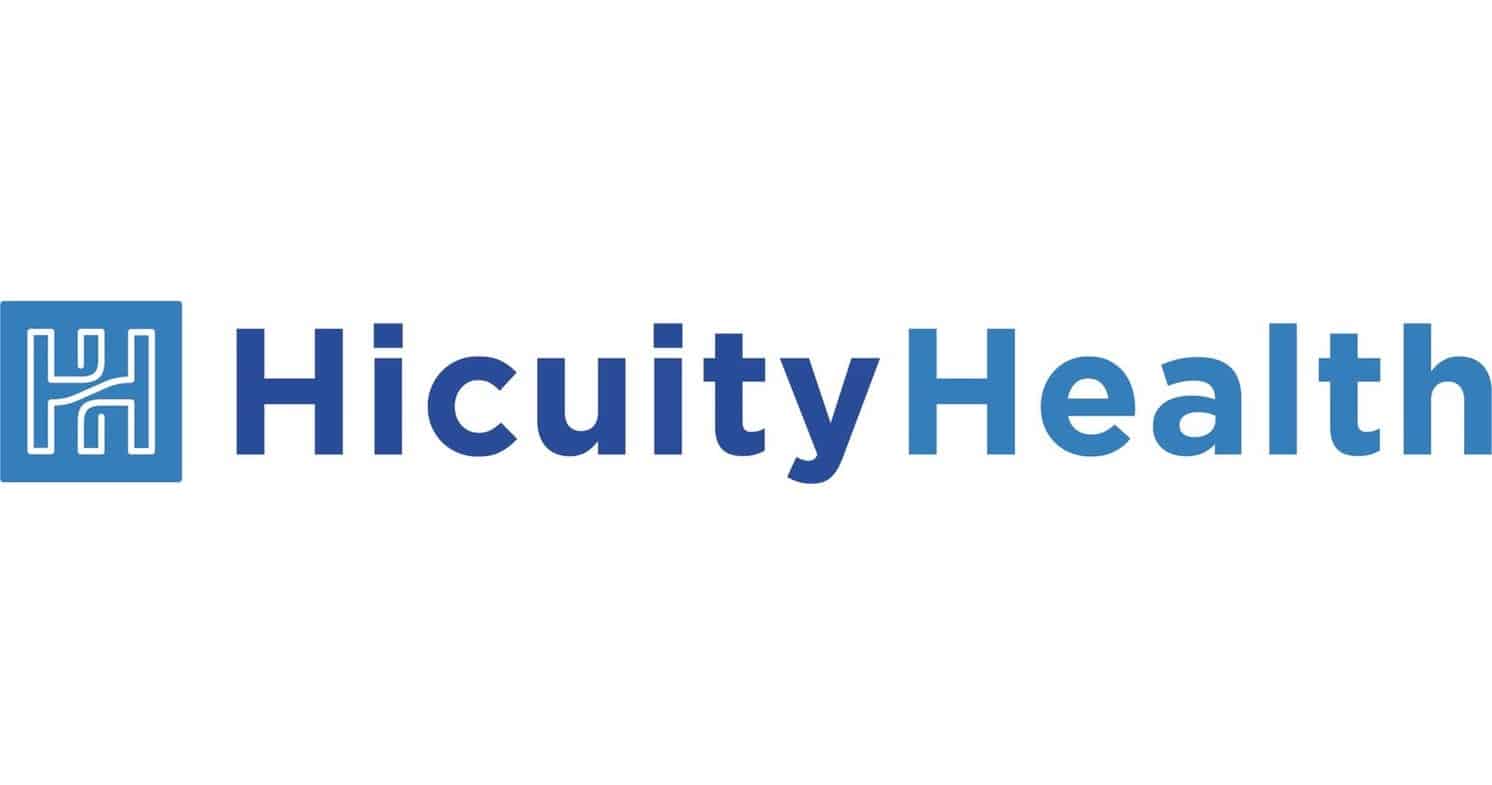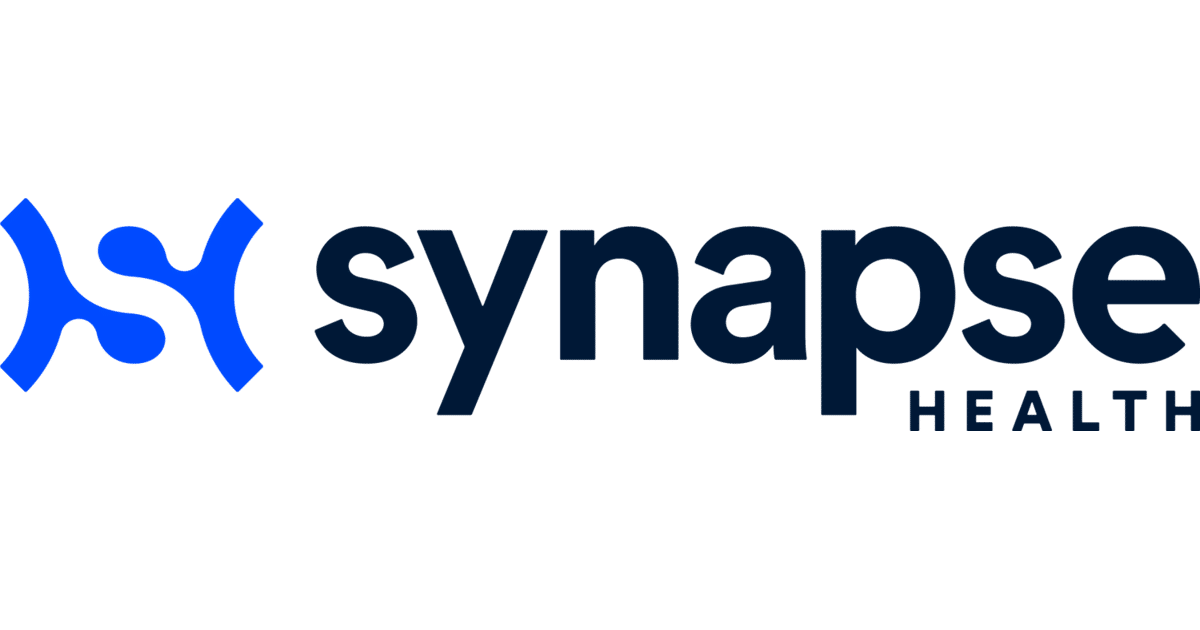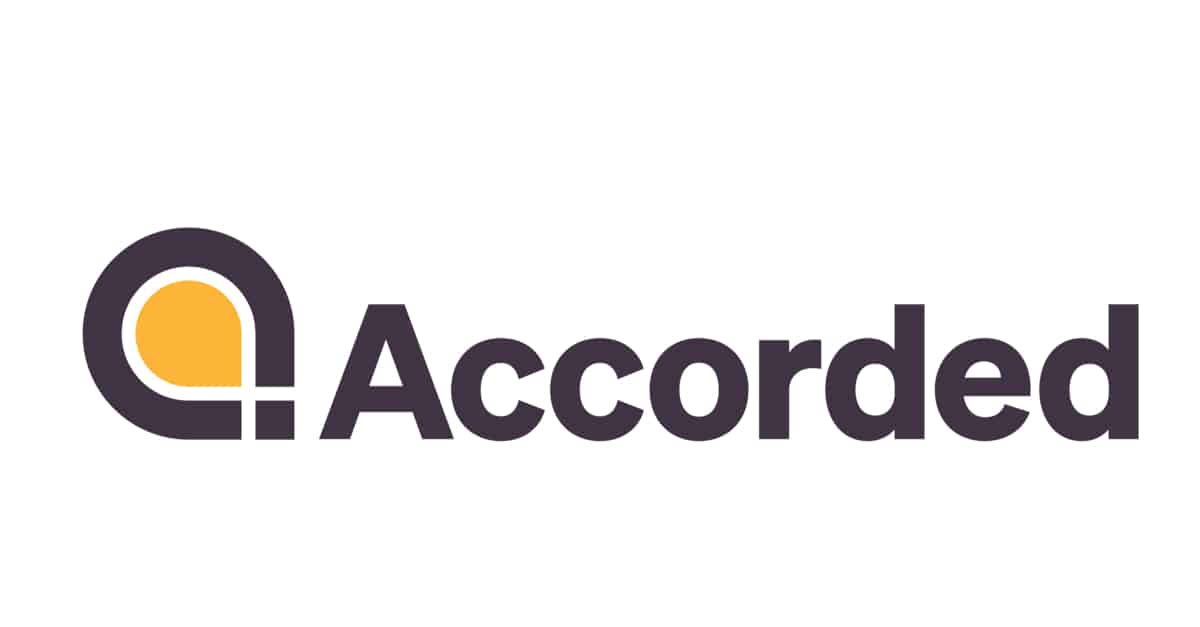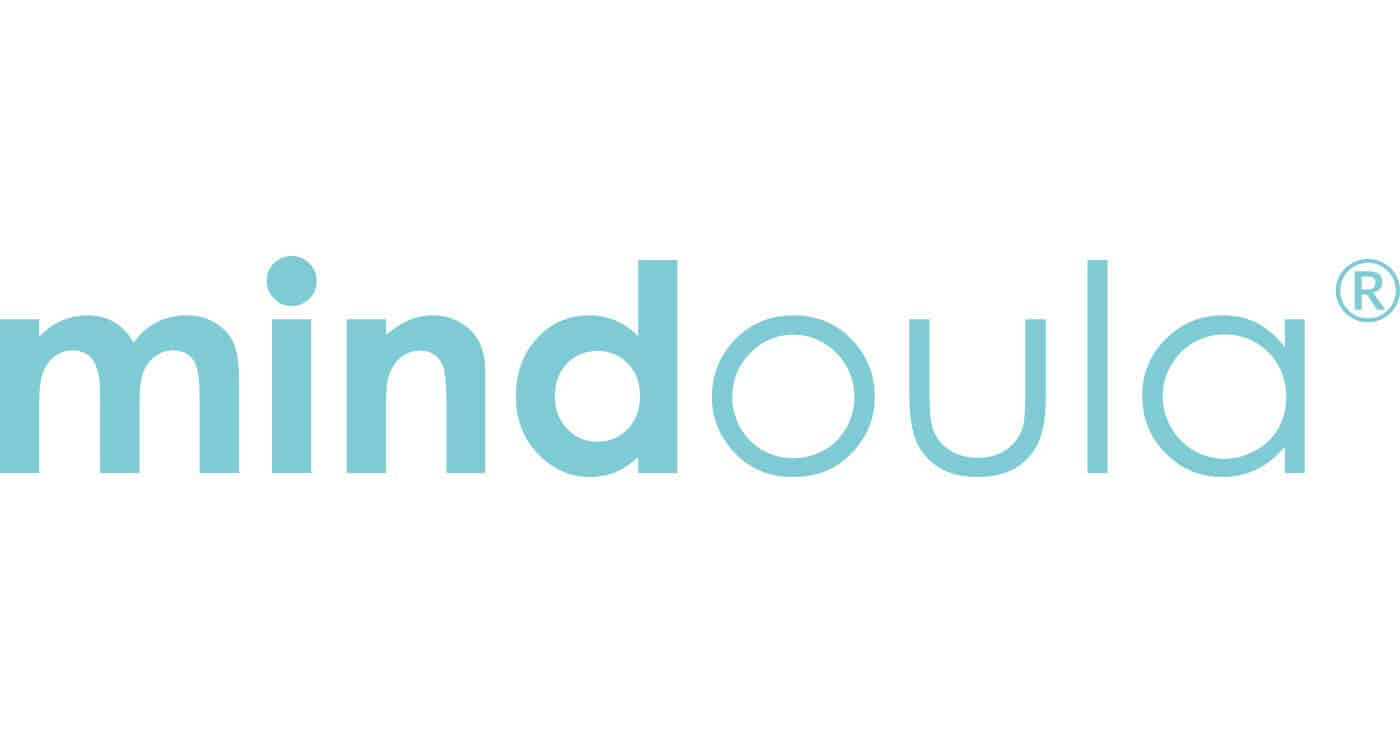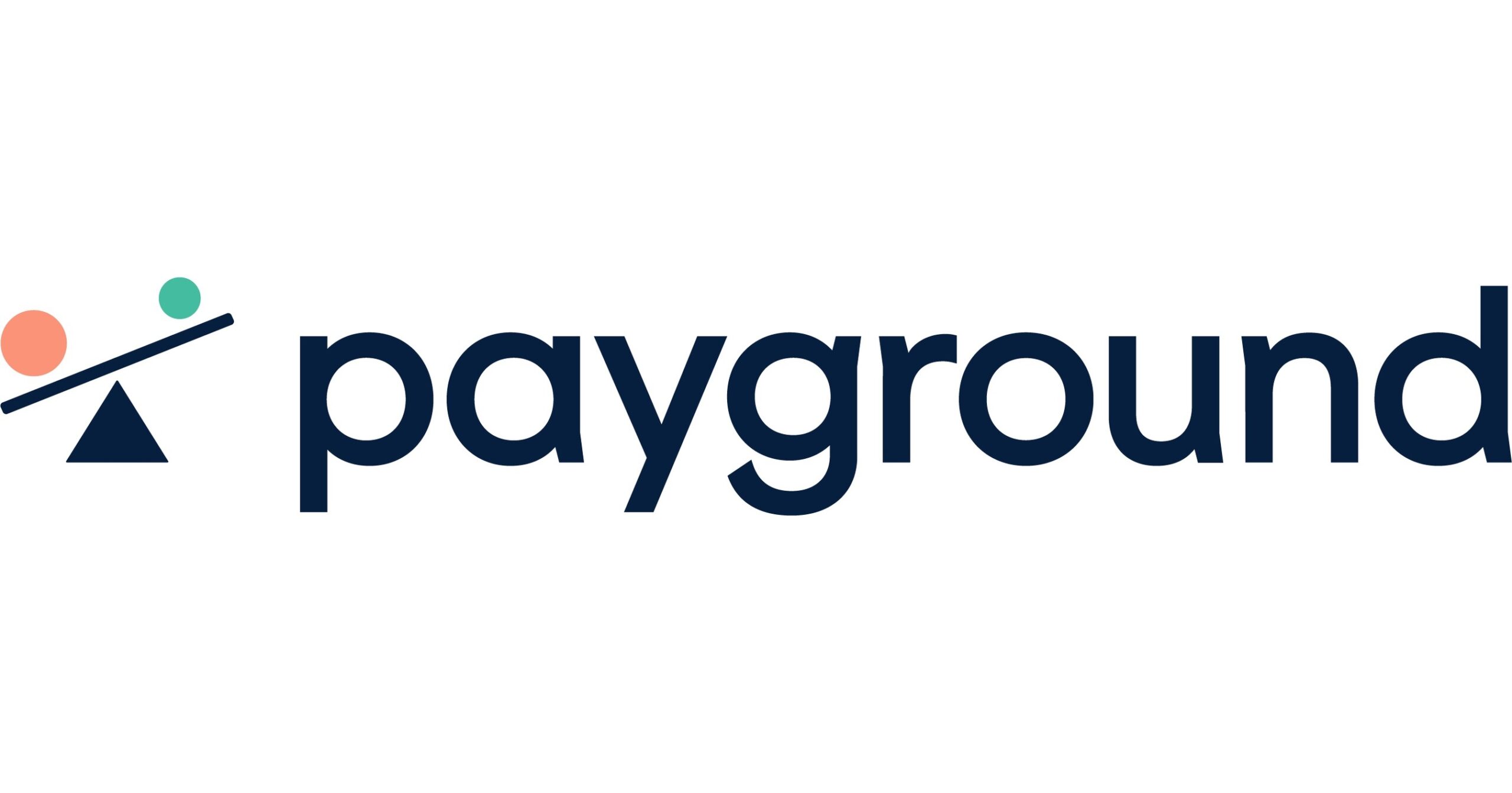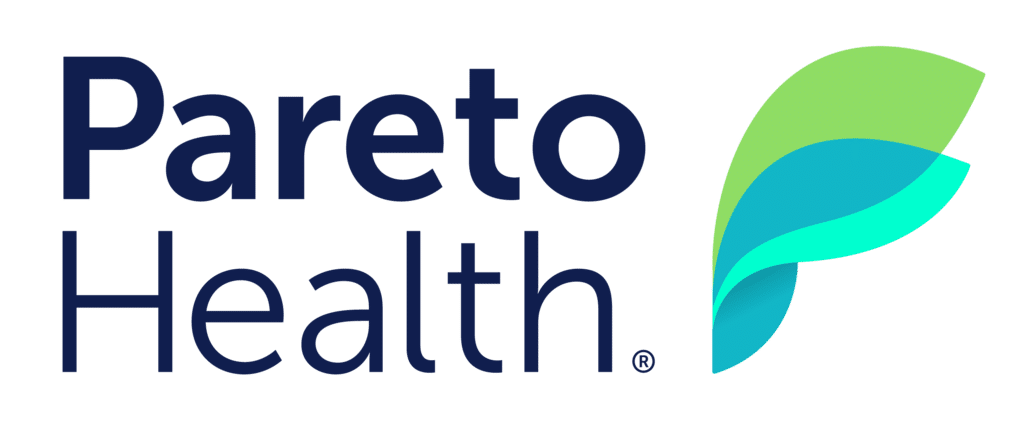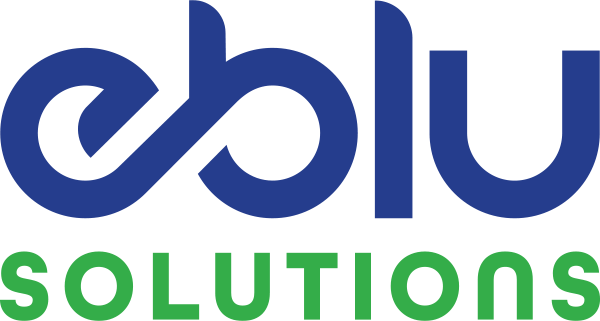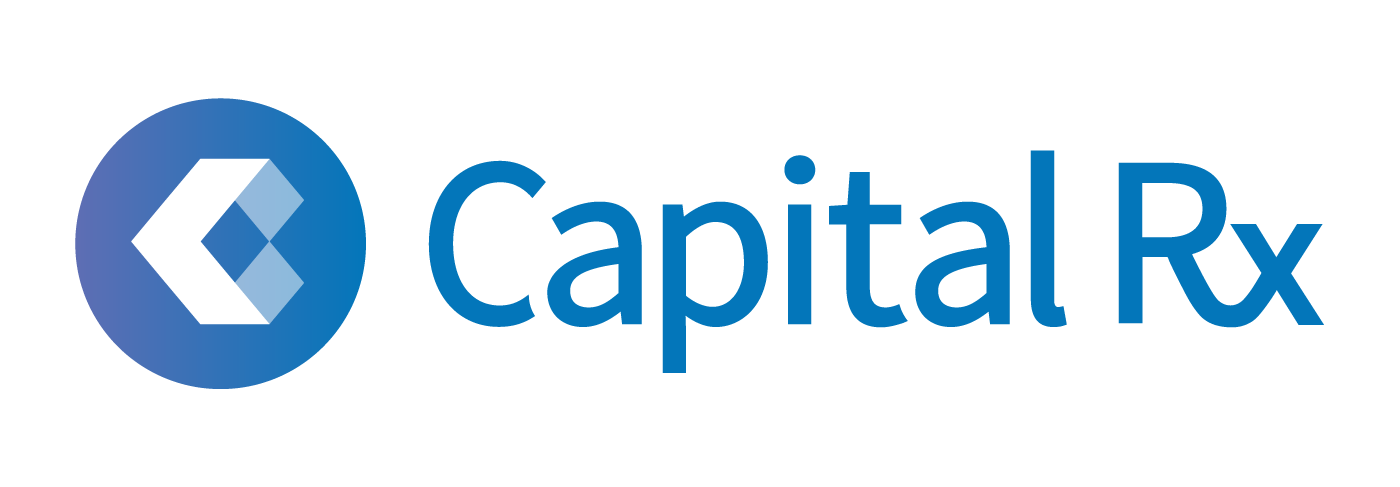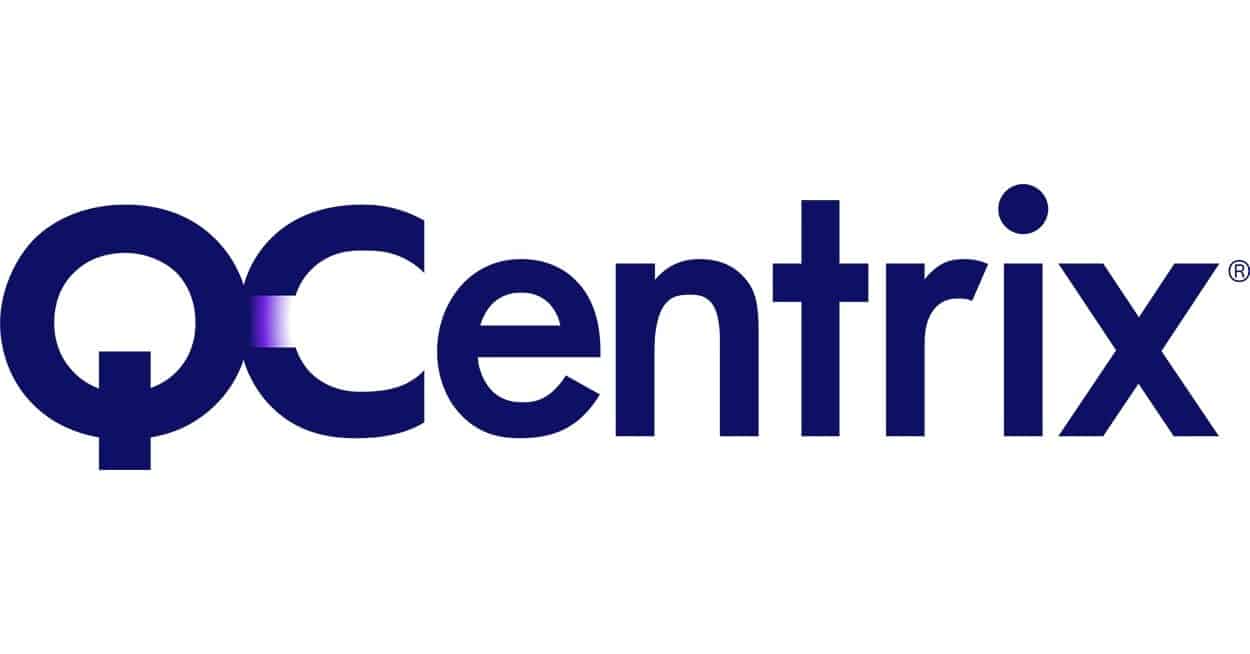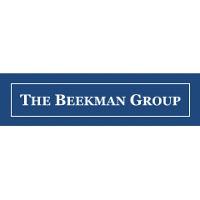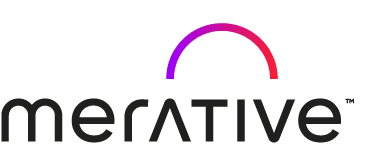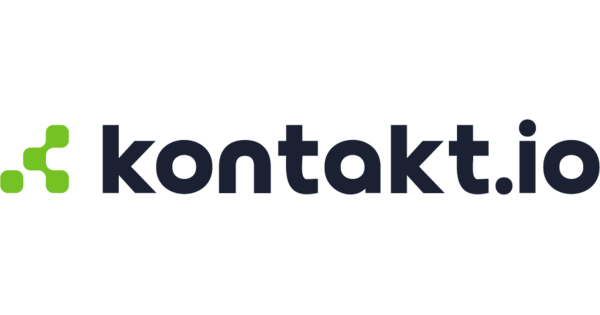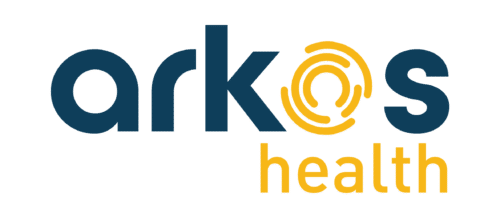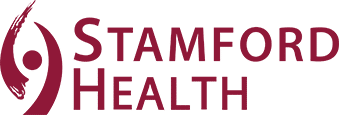Building Community by Reimagining Care with Brent Asplin, Co-founder and CEO of Gather Health
In our most recent Chasm Conversations series, Kristy Lindquist, Co-Founder of Chasm Partners, sat down with the new CEO of ProgenyHealth, Susan Torroella. During the interview, Susan opened up about her passion for healthcare and the lessons she has learned throughout her career that have helped her develop as a leader.
About Susan Torroella, CEO of ProgenyHealth
Susan is the CEO of ProgenyHealth, the only national, tech-enabled women’s healthcare company dedicated to Maternity and NICU Care Management. As CEO, Susan leads the development and implementation of the company’s overall strategy, champions growth and innovation, and oversees operations and financial performance. Susan brings global healthcare management experience to ProgenyHealth and has a strong background in growth, operational scalability, product and service marketing and client cultivation. She is known for creating strong cultures and leading successful growth phases of healthcare organizations.
Susan is a graduate from Franklin & Marshall College and earned an MBA from the Thunderbird School of Global Management, where she was valedictorian of her class. She has also attended INSEAD (France) and Wharton’s executive management programs. Susan has lived in Africa, Brazil and Spain and speaks Spanish, Portuguese, and French.
- Relentless Disruption and Radical Adaptiveness
- Hooked on Healthcare
- Bear Costumes and Delivering Outcomes
- Developing Future Leaders
- True Teams are Like Marriage
- Imposter Syndrome and Being Human
- The Importance of a Personal Board of Advisors
- Advice for Aspiring Female CEOs
- Advice for CEOs in Digital Health
Relentless Disruption and Radical Adaptiveness
KL: What is it about your background that makes you comfortable in this chaotic environment of relentless disruption in healthcare?
ST: I would say I consider myself radically adaptive, and I think that has served me well in this industry that has a lot of change, and where more change needs to happen. I’ve lived on four continents, learning and eventually thriving in other cultures — going from Amish country Lancaster, Pennsylvania to Togo, West Africa, and living in a small town in Brazil — so becoming fluent in other languages and other cultures has enabled me to thrive in an environment of continual disruption. Secondly, I've worked across the whole healthcare spectrum. That 30,000-foot view across the industry has allowed me to solve challenges in a different and more holistic way.
Hooked on Healthcare
KL: How and why did you get into healthcare? When did it all start for you?
ST: My first job after college was working on maternal and child health programs, first in Washington, DC, and then in West Africa where I stayed for two years. That, coupled with the fact that my sister is a nurse, hearing her stories from the frontline and understanding the difference and impact she was having, got me hooked and I never looked back. Every job I've had has been in healthcare.
KL: What have been your biggest challenges working in healthcare?
ST: Well, there are challenges of healthcare and then challenges of leadership. Our healthcare industry is very complex and often difficult to understand, which is a challenge. In addition, there are challenges to being in a leadership role. Those challenges are, for me, a continual process of prioritizing time and talent. If you look at the StrengthsFinder®1, I'm an Activator, so I have to take a hard look and ask what we can do knowing that we can’t do everything. This encourages me to be very thoughtful in considering how we can drive the greatest value for our customers. For ProgenyHealth, it’s the mothers, babies and families we're serving. As a leader, and as someone who’s an Activator, it’s more of a continual challenge to be very, very thoughtful on that. Lastly, I think change management is a challenge. One of the biggest things we're doing is trying to align systems and people to bring the greatest value and help people understand “the why” behind a pivot. I would say those are some of the challenges as a leader that are common among my peers as well.
Bear Costumes and Delivering Outcomes
KL: What's the first job you had when you were young and what lessons did you take away from it?
ST: When I was young, I was in a bear costume at Dutch Wonderland Amusement Park in Lancaster, Pennsylvania. It was in August, and I swear it was the hottest summer ever. Maybe that’s because I was in a bear costume. I think the lesson from those formative years is that every single person is part of delivering an experience or an outcome and every single person matters.
“I learned that doing good work and working hard was important,
but it was not enough.”
Fast forward to one of my earlier professional experiences, I was working for Schering Plough Pharmaceuticals, a predecessor of Merck, and I learned that doing good work and working hard was important, but it was not enough. This taught me the importance of investing in and building relationships. The book Never Eat Alone by Keith Ferrazzi talks about investing in relationships and how important that is, in addition to working hard and doing good work, and that was something that resonated with me. Now that we’re in this era of remote work, it's not like you can just pop down to the cafeteria and eat with your peers — you have to be more intentional about building those relationships. I think that lesson is still important for me and others.
Developing Future Leaders
KL: What are the key qualities you're looking for in your future leaders?
ST: A passion for the company's mission — that's number one. Second, an eagerness to learn and remain curious. Third, the humility to continually learn and a commitment to collaboration. To be successful, you need to collaborate. Lastly, someone who embodies the core values of our company.
KL: How are you developing and coaching leaders in your organization?
ST: ProgenyHealth has a wonderful focus on that, which I'll be continuing and amplifying. We have a year-long Leadership Development Program in our organization called LIFT which stands for Leadership Investment For Tomorrow. The purpose of the program is to identify talent in the organization — individuals who have an interest in leadership and demonstrate strong performance and strong attributes — and select applicants to complete the program each year. It's multifaceted, and each individual is paired with a mentor and an executive mentor. There's classroom training, discussion groups, practical applications and one-on-one coaching, as well as outside seminars. We're proud of that program, as it has helped build our bench strength and open career opportunities for our LIFT participants. This year, we're also adding a program for all our current managers and supervisors across the organization to equip them to be even better coaches for their employees. It’s something I'm really passionate about.
True Teams are Like Marriage
KL: When you're leading a team, you need to make sure that your team is operating as a true team. How do you get your top leaders to work and operate as a team?
ST: That’s a very important topic and one that is near and dear to my heart, especially in this early stage of joining ProgenyHealth. I think it starts with the team understanding that the Executive team, their leadership team, is their number one team. It's not that they are a representative of sales or representative of their group — of course, they do have that vantage point — but the number one team is their Executive team. Additionally, you have to intentionally focus on self-awareness, optimize different styles and strengths and be vulnerable with one another. It's a process of building a cohesive team, which is why I equate it to a marriage. It takes a lot of effort for it to work well, and while I wish I had a magic wand, it takes intentionality. The only difference from marriages is that oftentimes Executive teams don't necessarily know one another before working together. At ProgenyHealth, we hold an Executive retreat where we work through our strengths and our different styles so we can come together as a true team for the optimal success of the company.
Imposter Syndrome and Being Human
KL: Imposter syndrome has been a big topic, especially with women. Have you ever had an experience with impostor syndrome?
ST: Absolutely, many times. I believe that everyone, male or female, has experienced it. I think it's part of the human experience, and when I have felt that way, I just remind myself that everyone experiences it. All you can do is focus on what you can control at that moment and do your very best and believe that you are where you are for a reason.
The Importance of a Personal Board of Advisors
KL: Who are the most important influences on your leadership?
ST: I've learned from so many people and can continue to learn from so many people. I've had an executive coach for many years who has been very influential. I've also learned from many leaders through my involvement with the Healthcare Businesswomen's Association (HBA). Laurie Cook, the CEO of the HBA for the last 20 years, is one of my role models.
KL: Do you have a “personal board of directors” or people who you go to to help you evolve as a leader?
ST: Yes. My family, my closest friends and our investment partners at Sunstone Partners. Ellie Stang, the Founder of ProgenyHealth, is now part of my personal board of advisors and I'm very fortunate to have access to her. I also have very close relationships with individuals that I got to know through the HBA.
Advice for Aspiring Female CEOs
KL: As a female CEO, what advice would you give to other women in the industry who may aspire to achieve what you have, or become a CEO at some point in their career?
“Be the architect of your career.”
ST: First, I would say to share your goals and aspirations with your mentors and advisors. I believe putting your goals and intentions out there produces a higher probability that it will happen. Second, ask for advice to help round out both your hard and soft skills and be open to feedback. Lastly, be the architect of your career by intentionally investing in your career development. There are so many courses online that are either no cost or low cost that a person could do on their own time. I also encourage just reaching out to other people and learning from their experiences, which doesn't have to be a huge investment of time.
Advice for CEOs in Digital Health
KL: Do you have any advice for other early-stage CEOs in digital health?
ST: Leadership roles in any company, but certainly growing organizations, can be thrilling, but they can also be stressful. So, practice self-care, and that includes mindfulness. This is something I work on and believe is an important ingredient for a successful leader. I would also advise to surround yourself with your trusted advisors and an Executive coach, and make sure you have a strong team at home. Be open with these people about what you need; they can't read your mind and know how to best support you. You have to be open with others and tell them how they can best support you. That's my number one piece of advice — surround yourself with trusted advisors, a coach, your team and your family.
Notes:
- CliftonStrengths®, formerly known as Clifton StrengthsFinder®, by Gallup is an online assessment tool for individuals, teams, managers and organizations that helps you discover your talents and potential and turn them into strengths.
About Chasm Partners
Chasm Partners is a retained executive search firm and talent development organization exclusively focused on the healthcare technology, healthcare services and Life Sciences industries. It is our goal to disrupt healthcare by effectively leveraging the right people who can make a difference. In doing so, we strive to impact healthcare for current and future generations through the clients that we serve and candidates we place.
Whether you’re a growing healthcare company, or a leader looking to be a part of one, we want to hear from you. To learn more about Chasm Partners’ Executive Search or Team Build-Out services, or to be connected with one of our Recruiters, please contact us.
OUR CONTRIBUTORS
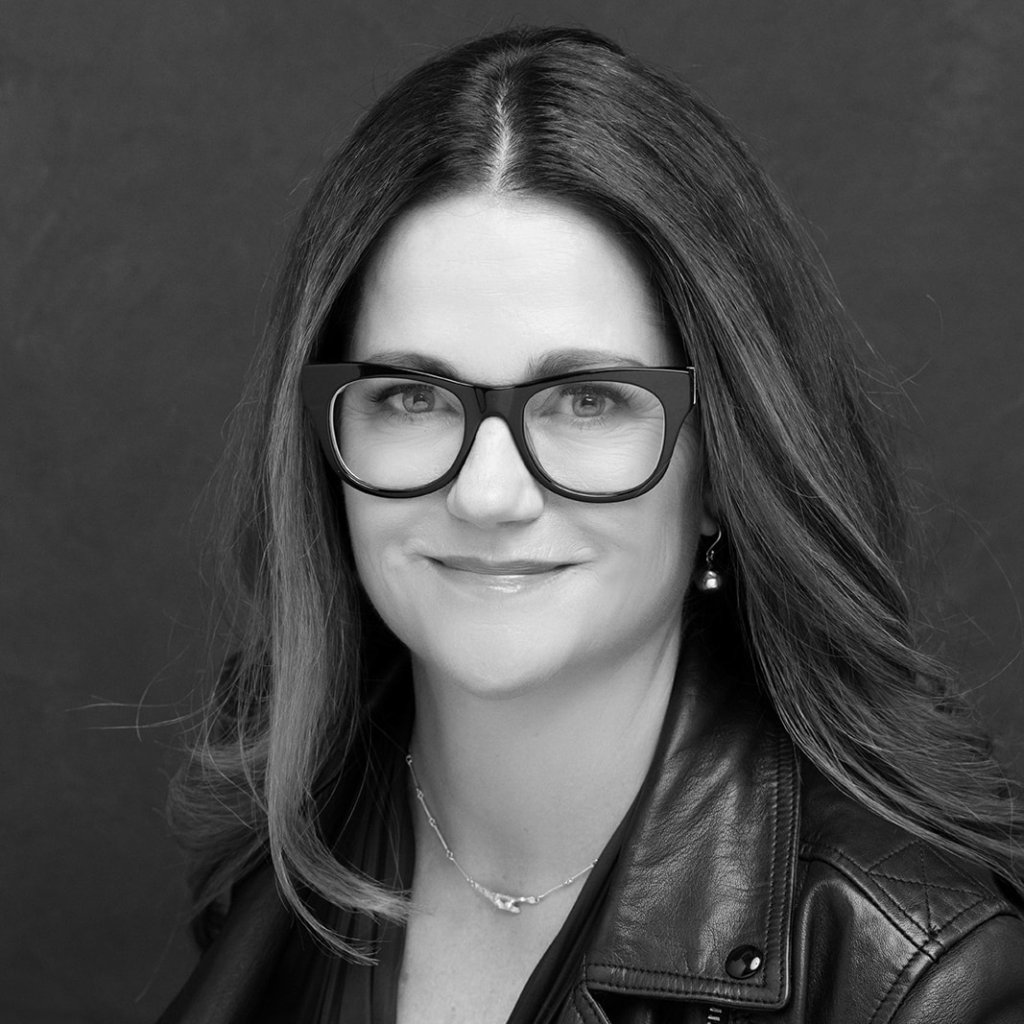
KRISTY LINDQUIST
As Co-Founder of Chasm Partners, Kristy oversees both the ChasmSearch and ChasmLead services. In her role, Kristy works regularly with Investors, Founders, and CEOs to achieve their business goals through executive talent acquisition and development. Prior to her eight years at Chasm Partners, Kristy brings over 20 years of experience in leadership, development and turnarounds. She has a passion for experiences and seeks to know each client’s story as it relates to their passions and journey.
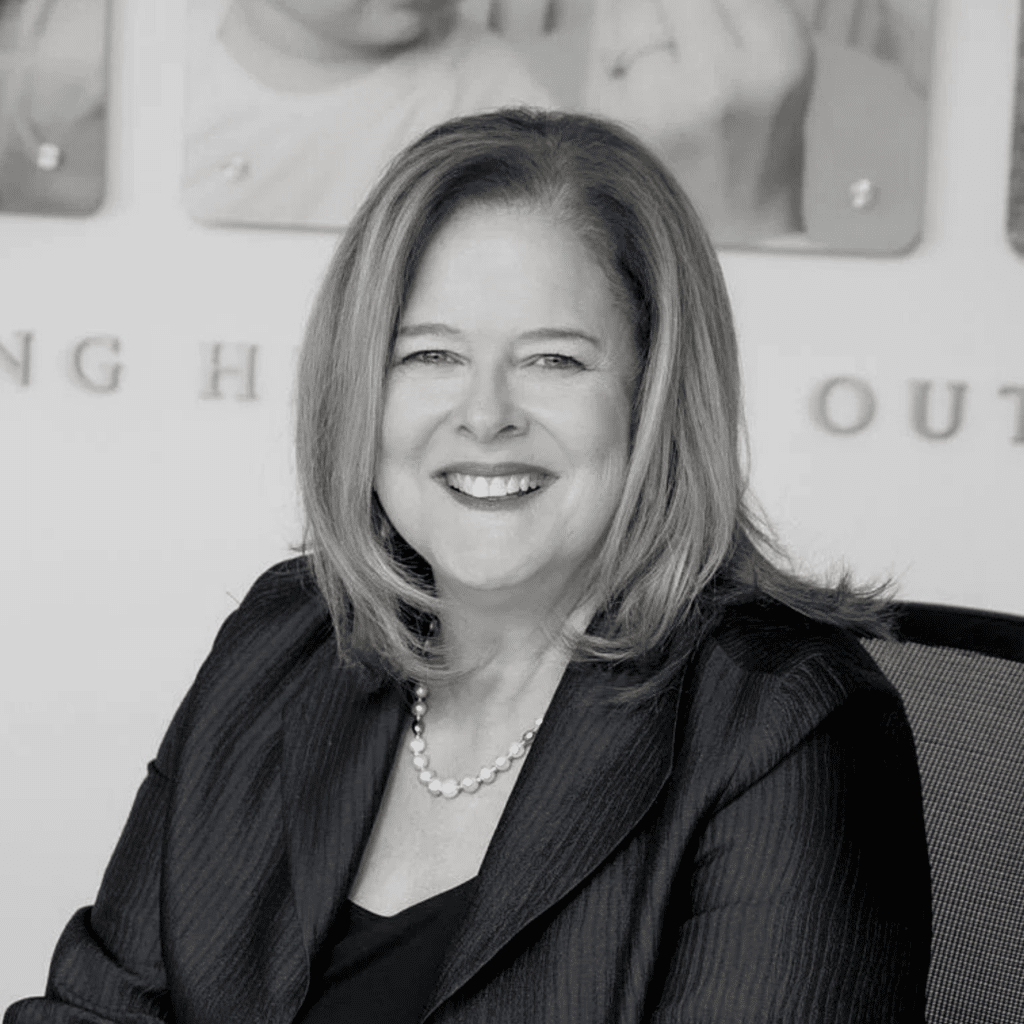
SUSAN TORROELLA
As CEO of ProgenyHealth, Susan Torroella leads the development and implementation of the company’s overall strategy, champions growth and innovation, and oversees operations and financial performance. Ms. Torroella brings global healthcare management experience to ProgenyHealth and has a strong background in growth, operational scalability, product and service marketing and client cultivation. She is known for creating strong cultures and leading successful growth phases of healthcare organizations.



